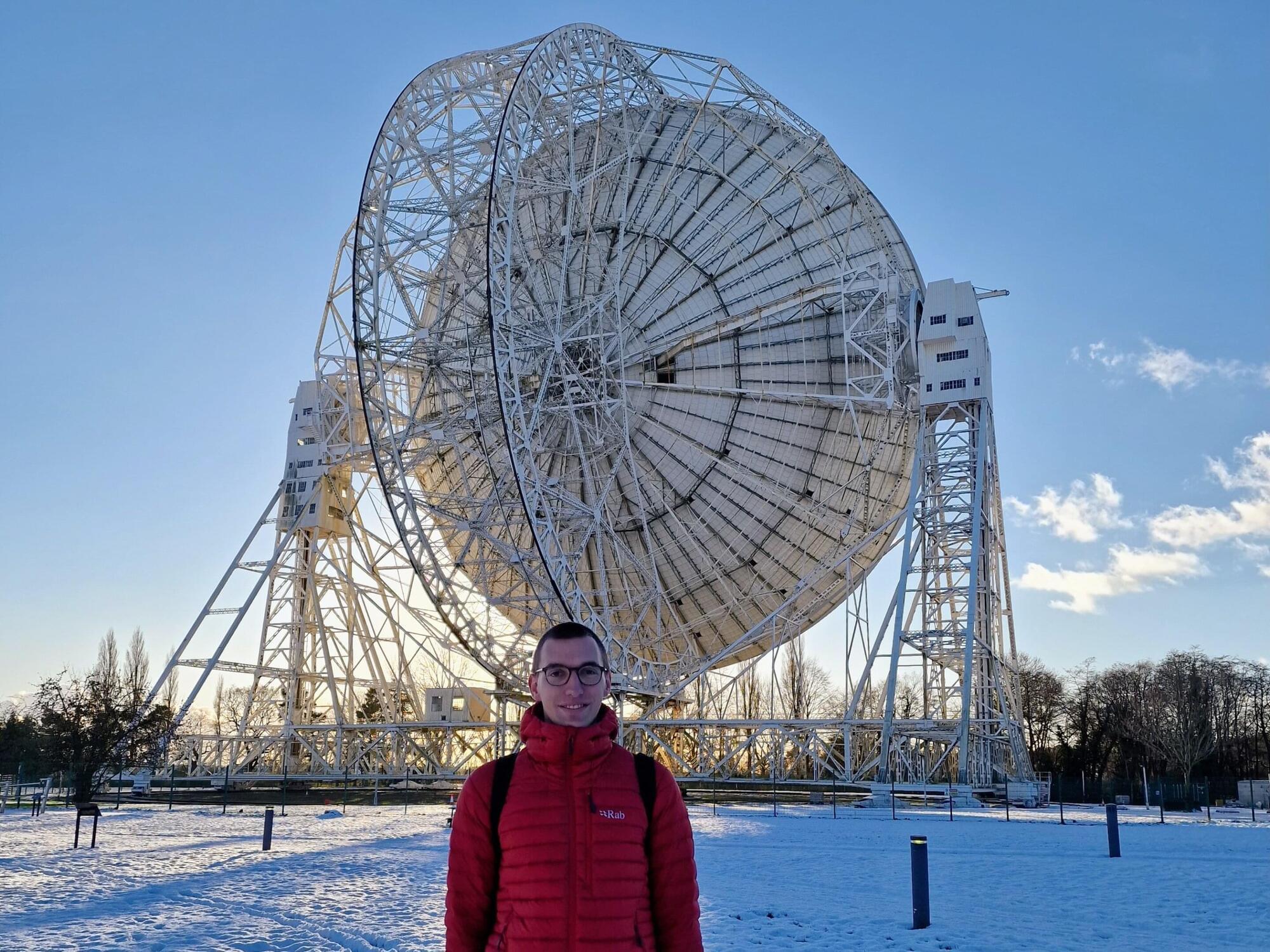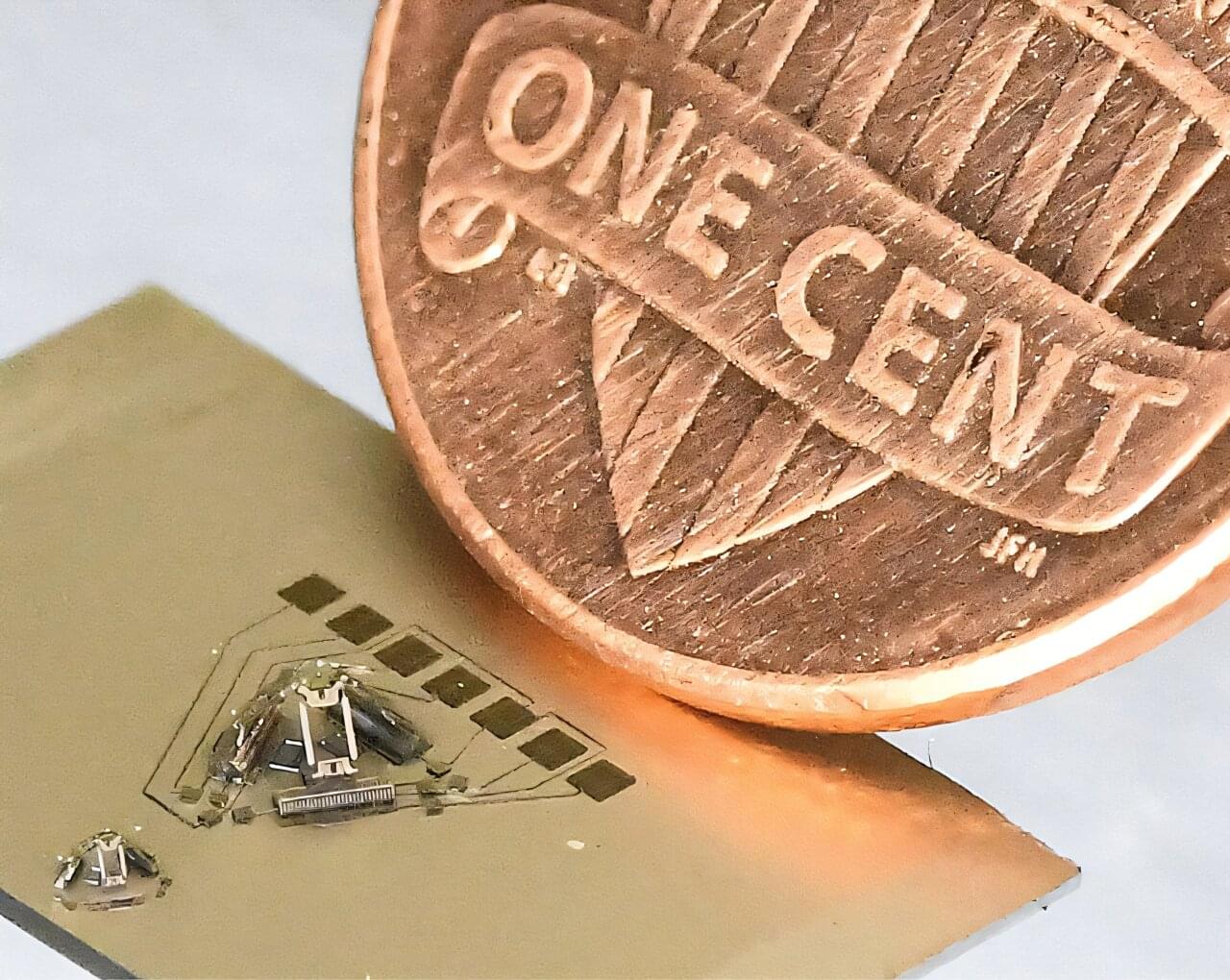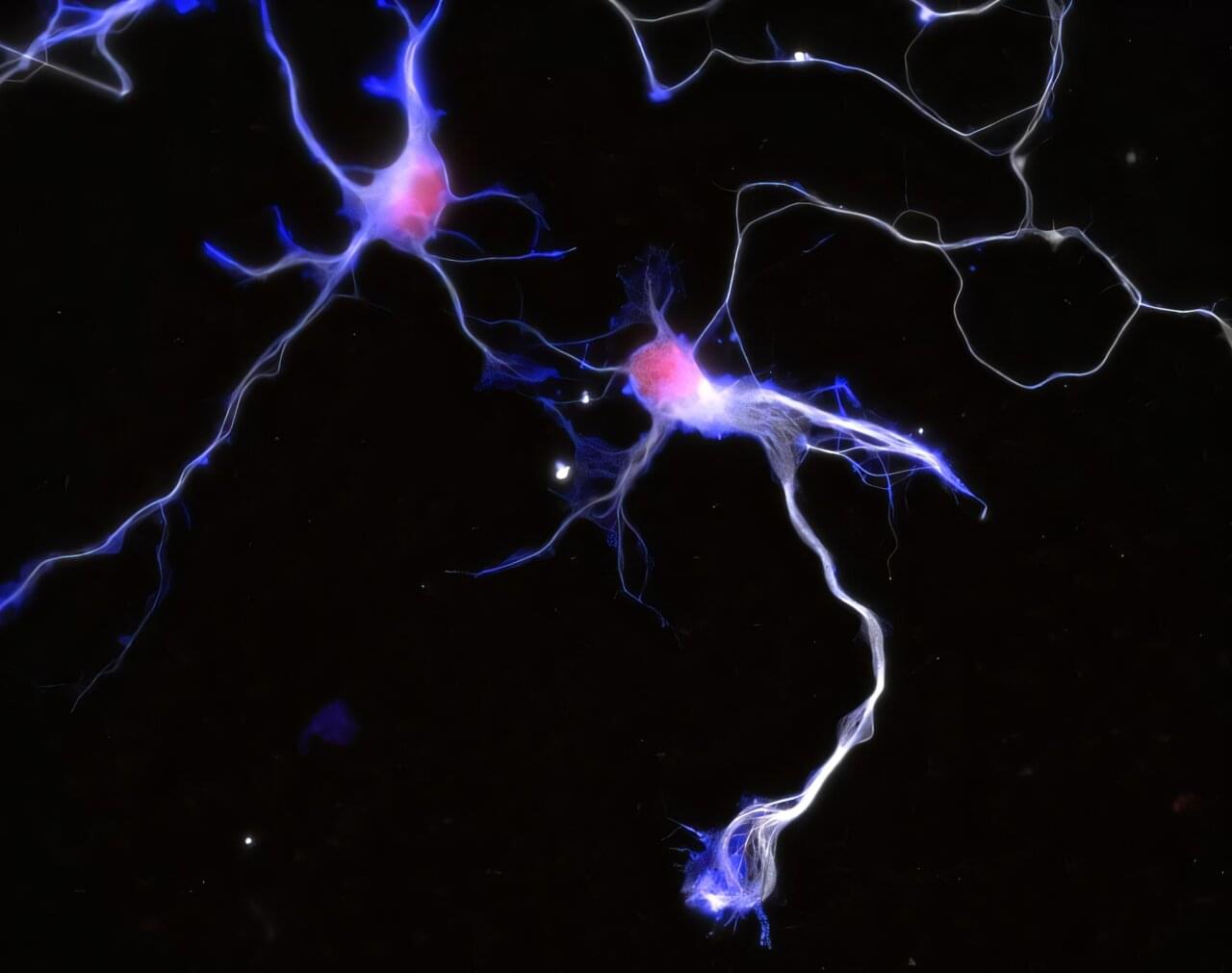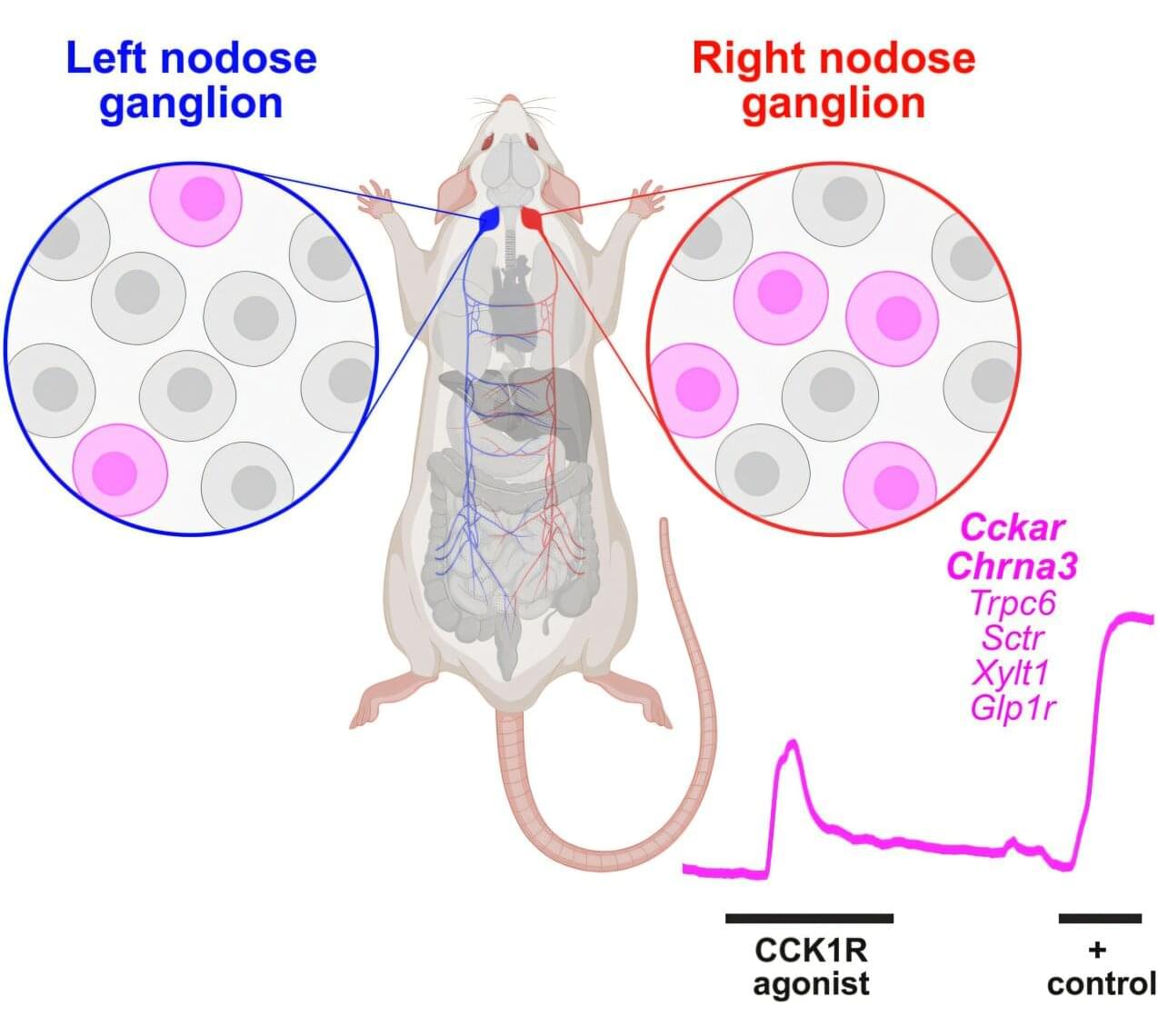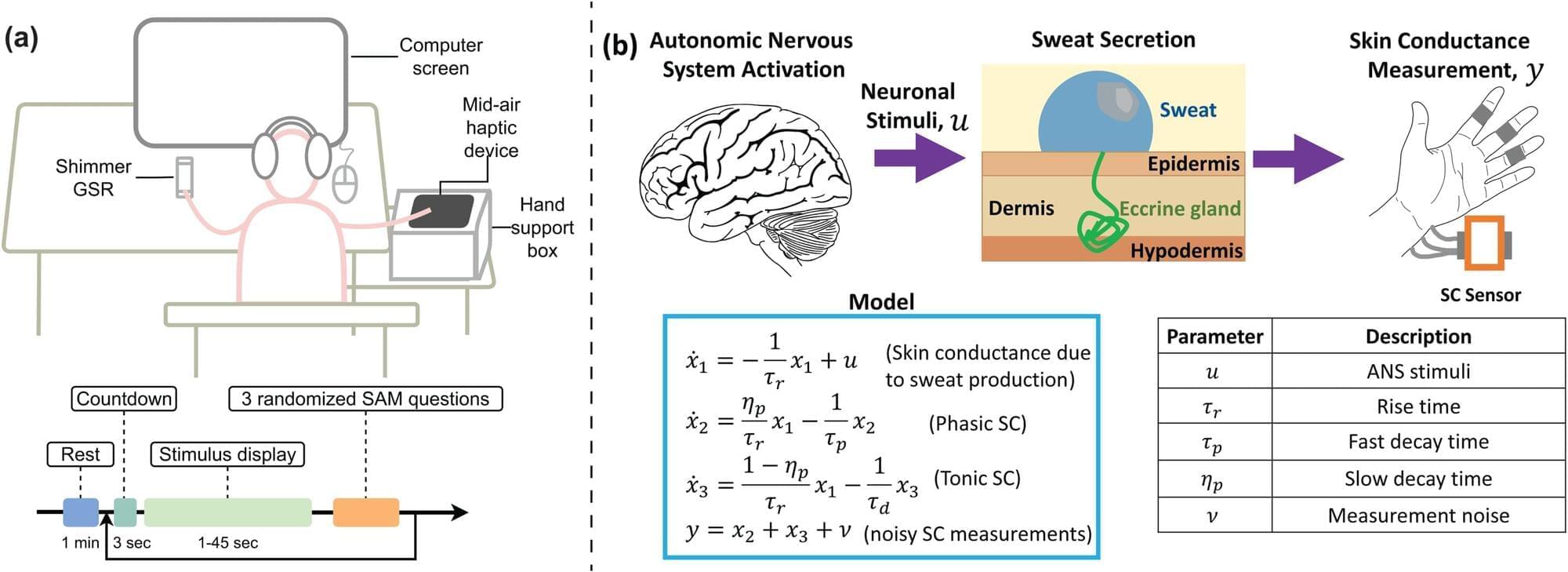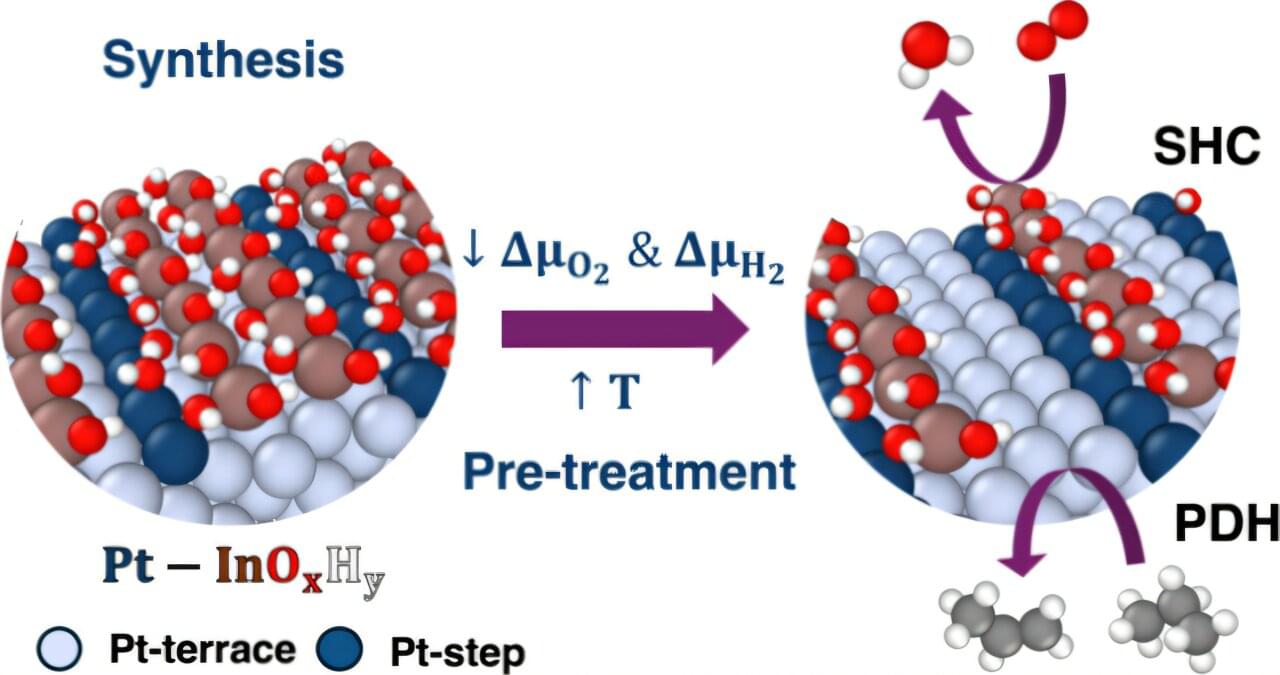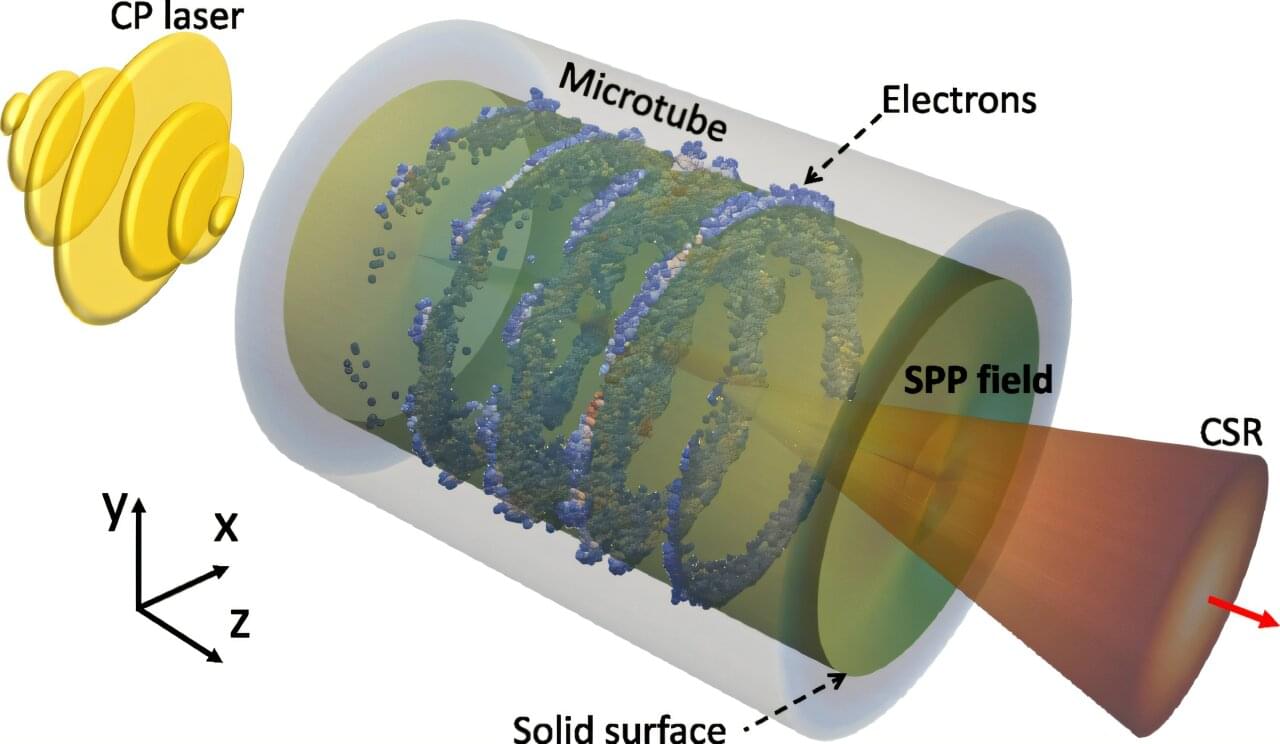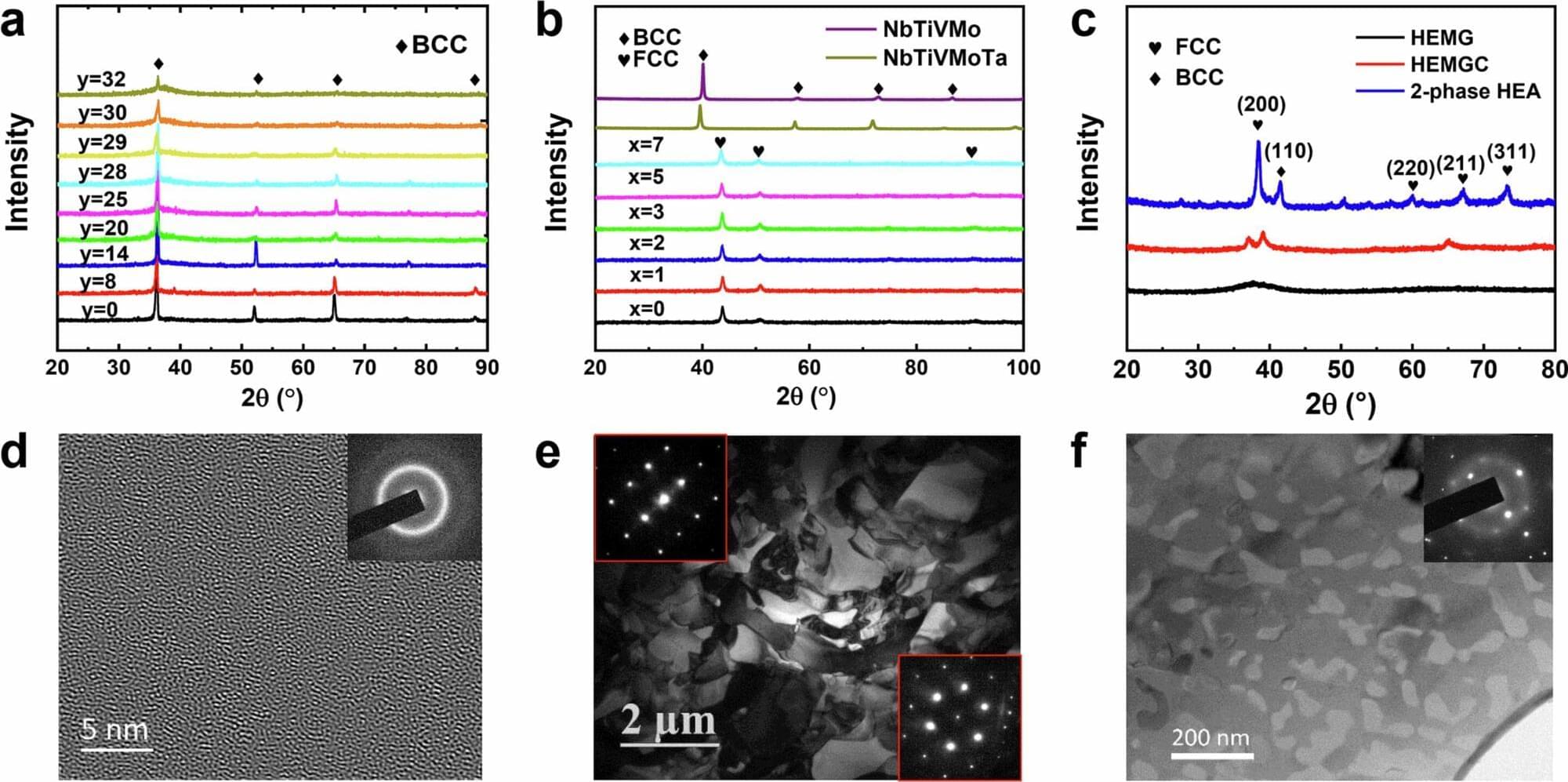Black holes, regions of spacetime in which gravity is so strong that nothing can escape, are intriguing and extensively studied cosmological phenomena. Einstein’s general theory of relativity predicts that when two black holes merge, they emit ripples in spacetime known as gravitational waves.
Once the gravitational waves originating from black hole mergers fade, subtle hints of these waves could remain, known as late-time gravitational-wave tails. While the existence of these tails has been widely theorized about in the past, it was not yet conclusively confirmed.
Researchers at Niels Bohr Institute, University of Lisbon and other institutes worldwide recently performed black hole merger simulations based on Einstein’s general relativity equations, to further probe the existence of late-time gravitational-wave tails. Their simulations, outlined in a paper in Physical Review Letters, suggest that these tails not only exist, but could also have a larger amplitude than originally predicted and could thus be observed in future experiments.

